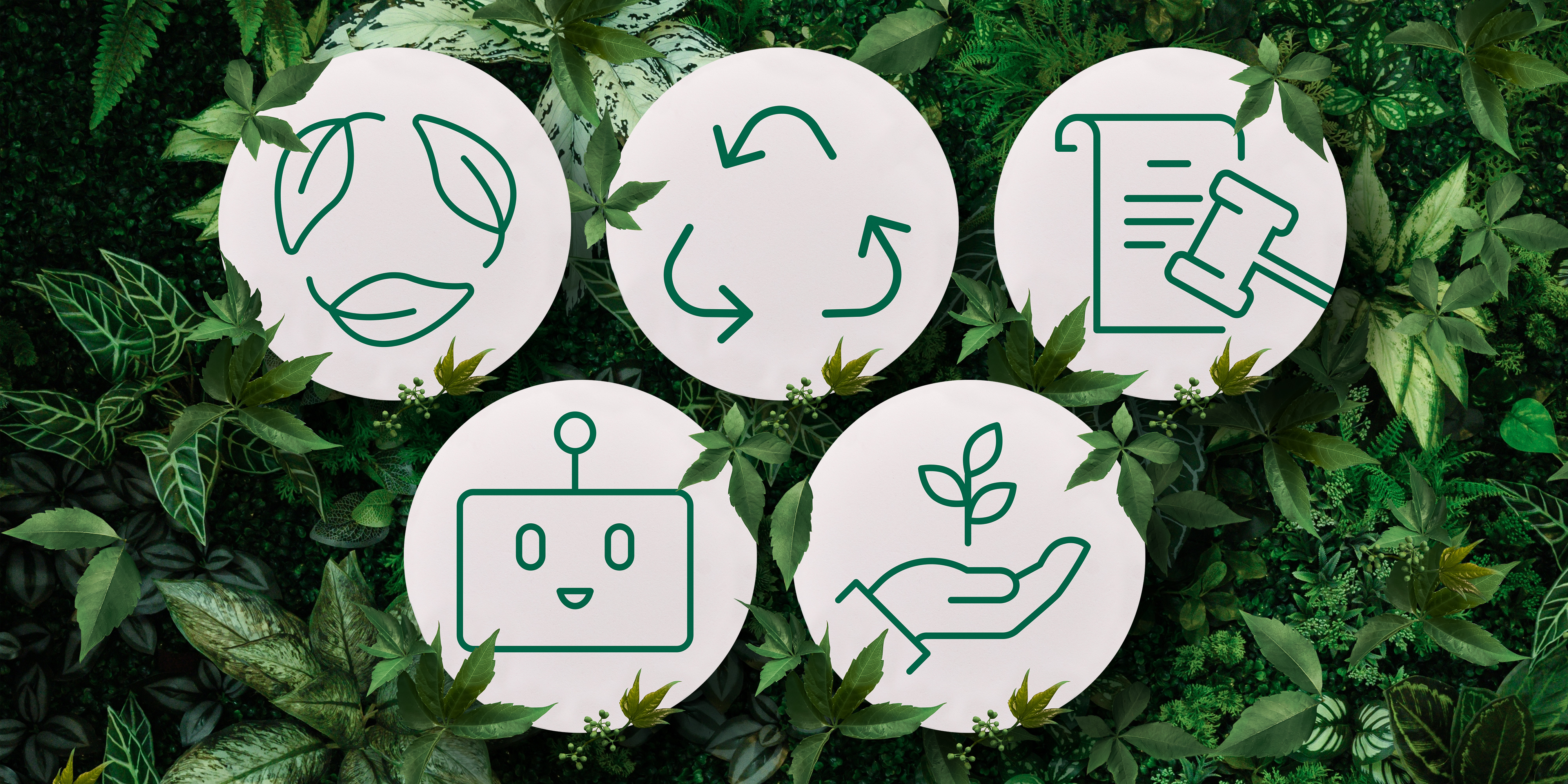
Sustainability
6 minute read
Tomorrow’s Agenda: Doing the right thing
Businesses can play a major role in improving the lives of millions of vulnerable workers. Human rights sit at the heart of Neste’s sustainable supply chain. Sustainability specialist Hélène Dieck calls out for human due diligence to become the norm, rather than the exception.
“Why is it important to you that we allow our workers to join labor unions?”, a potential US used cooking oil supplier asked me recently. In order to become a Neste supplier, they agreed to change their policy, but it was not clear to them why Neste was interested in how they conducted their business.
They had a point. No other client had asked about their labor standards before. The chances of Neste being criticized for sourcing from a US company that doesn’t respect labor union rights seem rather low. In fact, Neste is losing potential suppliers everyday because they refused to go through our due diligence process or commit to our Supplier Code of Conduct. So why are we doing this?
Widespread and well-known labor rights violations
The International Labour Organization (ILO) estimates that there are still 16 million victims of forced labour working in the private sector worldwide. The more vulnerable the position of the worker, the easier it is for the employer to violate his or her rights. And the more the worker has debts to pay back, a family to provide for, or limited information about his or her rights, the more this worker would not dare raising a grievance to his or her employer.
It can never be taken for granted that labour and human rights in the workplace are respected and protected. Almost every day, the news is inundated with reports on violation of human rights. However, business can play a major role in tackling this growing challenge.
Respecting the international human rights standards can never be assumed.
Even in a country like the United States, where we have a Bill of Rights to protect the basic rights of citizens, workers are denied the right to join labor unions, or they are not made aware of their terms of employment. Companies are in a unique position to verify that their suppliers are respecting the rights of their workers and to restore the power imbalance between employers and employees.
In recognizing the role of companies in addressing adverse human rights impacts, in 2011 the UN endorsed the Guiding Principles on Business and Human Rights (UNGP) to encourage multinational corporations to conduct due diligence. Neste adopted these guidelines in 2015 and published its first Human Rights Commitment the same year. The UNGP is the first international standard for corporations to prevent adverse impacts on human rights linked to business activity, however it is a voluntary framework. Soon, countries started to enact national legislations that give teeth to certain human rights standards, including the California Supply Chain Transparency Act, the UK Modern Slavery Act, France’s Devoir de Vigilance and Austrialia’s Modern Slavery Act.
Doing the right thing
Ethical business’ responsibility extends to its suppliers and customers should be confident that they are buying a product free from human suffering. Neste can provide businesses with renewable products that contribute towards the Sustainable Development Goals (SDGs) while at the same time protecting human rights.
Neste’s human rights due diligence spans from including contractual clauses and a Supplier Code of Conduct in contracts to conducting desktop and on-site audits. While our process stands out in the energy sector, other sectors already have mature due diligence programs. Indeed, auditing suppliers became relevant in the 1990’s, when multinationals massively outsourced their plants to countries with lower labor costs. Companies in textile and footwear sectors understood the need to take responsibility for the welfare of the workers manufacturing their goods.
Generation Z wants to work for companies who behave in a way that is consistent with their own values.
Today, more and more industries and industry associations are looking into their suppliers’ labor practices (for example, the Responsible Business Alliance is an alliance between different electronic companies to enforce fair labor practices in their supply chains). Companies understand that embedding a code of conduct in their terms and conditions is not sufficient to ensure compliance and good practice in their supply chains. Clients should also go on site to verify suppliers’ performance.
We believe that doing the right thing is the only way. We know that in the future it’s the only way for everyone. We are seeing this responsible attitude in the younger generations, our future workforce. Generation Z largely want to work for companies whose behaviour is consistent with their own values.
Leading the way in responsible sourcing
Despite well-known human rights abuses, and despite tough expectations from investors, NGOs, and customers on social responsibility in supply chains, companies that conduct social audits are the exception rather than the norm. Even amongst the 200 largest multinational companies in the world, half of them have no human rights due diligence at all, let alone a social audit program. A survey of 1000 European companies found that only 22 percent of them have adopted a form of human rights due diligence.
Half of the world’s 200 biggest companies do not conduct human rights due diligence.
At Neste, we want to raise the bar and demonstrate what is possible. Given the availability of information, there is no excuse for not assessing the human rights risks in supply chains. Some high-quality tools are available for free. Information about supply chain risks and expert advice on what internal measures to take: everything from drafting a Code of Conduct to conducting a Risk assessment / supplier mapping and establishing a legal register and including audit clauses in contracts are available on the internet.
So, why are we doing this? We do it because we want to show it is doable. We are exceeding local regulations and we hope more and more companies will adopt the same approach. We do this because we want our shareholders, our employees, and our customers to be proud to partner with us. By putting their confidence in us, they are telling other companies that human rights due diligence should be the norm. As we continue our journey towards a more sustainable society, I feel grateful for the opportunity that my role is giving me to have a positive impact in the world.
By putting their confidence in us, our partners are telling other companies that human rights due diligence should be the norm.
If you suspect a human right violation by any of Neste’s suppliers or other business partners, please make a report via our whistleblowing channel, Ethics Online at https://www.speakupfeedback.eu/web/c3ubru/us.
Some helpful tools for doing the right thing:
Need advice on how to conduct interviews of workers in countries with a high risk of forced labor? Follow this link. Want to understand the risks associated with certain commodities? There’s an excellent App for that. How about a tool for mapping supply chain risks in the food and beverage industry? Here you go.




